How to Use Face Masks for Glowing Skin A Complete Skincare Guide You Shouldn’t Miss

Is Face Masking More Important Than You Think?
Face masking is often seen as just a “spa treat” or a skincare add-on, but in fact, it can be a powerful way to rejuvenate your skin in a short time. When chosen according to your skin type and used alongside your regular skincare routine, masks can boost overall results significantly.
There are many types of masks—sheet, cream, peel-off, and clay—each designed to address specific skin concerns, like hydration, pore tightening, acne control, or dullness. The right face mask can actually improve the effectiveness of your other skincare products.
Know Your Skin Before You Mask
Before picking a mask, you need to know your skin type:
● Dry Skin: Feels tight, flaky, or red, especially after washing.
● Oily Skin: Shiny in the T-zone, large pores, acne-prone.
● Combination Skin: Oily in the T-zone, dry on the cheeks.
● Sensitive Skin: Prone to irritation, redness, and allergic reactions.
● Normal Skin: Well-balanced, not overly dry or oily.
Knowing your skin type helps you choose the right mask. For example, dry skin benefits from hydrating masks, while oily skin might do better with clay masks.
Types of Face Masks: Match the Mask to Your Skin Concerns
🟡 Sheet Mask
Best for: Dry, dehydrated, or dull skin
● Soaked in essence for an instant moisture boost
● Easy to use and doesn’t require rinsing
● Choose fragrance-free, alcohol-free formulas for sensitive skin
🟤 Clay Mask
Best for: Oily and acne-prone skin
● Absorbs excess oil and unclogs pores
● Limit use to 1–2 times a week
● Don’t let it over-dry on skin to avoid irritation
⚪ Cream Mask
Best for: Dry or delicate skin
● Deeply moisturizing
● Some formulas can be left on overnight
🔵 Peel-off Mask
Best for: Dull skin or blackhead-prone areas
● Peels away to exfoliate dead skin
● Be gentle—don’t peel harshly, and avoid frequent use
Proper Face Masking Routine
● Cleanse: Start with a gentle cleanser suited for your skin type
● Exfoliate (Optional): Light scrub helps better absorption; do 1–2 times a week only
● Dry Your Face: Leftover moisture may affect mask adherence
● Apply Evenly: Avoid eyes and lips
● Let it Sit: Follow instructions (usually 15–20 minutes)
● Rinse if Needed: Use room-temperature water, be gentle
● Follow with Skincare: Use toner, serum, and moisturizer to seal in benefits
How Often Should You Use Face Masks?
● Hydrating Masks: Daily or every other day is fine
● Acne/Oil-Control Masks: 1–2 times per week
● Exfoliating or Peel Masks: Once a week is enough
Overusing masks can cause irritation, skin sensitivity, or product resistance over time.
Pro Tips to Boost Masking Results
● Chill Your Sheet Mask: Cooling reduces puffiness and refreshes skin
● Mask After a Shower or Steam: Opens pores for better absorption
● Massage Lightly While Masking: Boosts blood flow
● Avoid Talking or Facial Movement: Prevents fine lines from forming during use
● Apply Skincare Immediately After: Skin absorbs best post-mask
Is DIY Natural Masking Safe? What You Need to Know
DIY masks made from yogurt, honey, turmeric, or tomato might seem gentle—but caution is needed:
● Always use fresh, clean ingredients to avoid infection
● Don’t mix random items without research—can trigger allergies
● Always patch-test before applying to your face
Some natural ingredients like lemon juice or baking soda are too acidic or harsh and can disrupt your skin's balance.
Beautiful Skin Requires More Than Just Masking
Face masks are just one piece of your skincare puzzle. Don’t forget the basics:
● Sleep Well: Nighttime is prime skin-repair time
● Stay Hydrated: Keeps skin plump and healthy
● Use Sunscreen Daily: Shields from harmful UV rays
● Eat Skin-Friendly Foods: Fruits, vegetables, and vitamins A, C, and E
Masking is more than a pampering ritual—it’s a skin recovery process that delivers visible improvements when done right and regularly. Choose the right mask for your skin and take care of it from both inside and out. 🌿
● American Academy of Dermatology Association. "Face masks: how to minimize skin problems."
https://www.aad.org/public/everyday-care/skin-care-basics/care/mask-skin-problems
● Healthline. "Do Face Masks Actually Work?"
https://www.healthline.com/health/beauty-skin-care/do-face-masks-work
● Mayo Clinic. "Skin care: 5 tips for healthy skin."
https://www.mayoclinic.org/healthy-lifestyle/adult-health/in-depth/skin-care/art-20048237
● Cleveland Clinic. "Your Guide to Using Face Masks Safely and Effectively."
https://health.clevelandclinic.org/face-mask-safety/
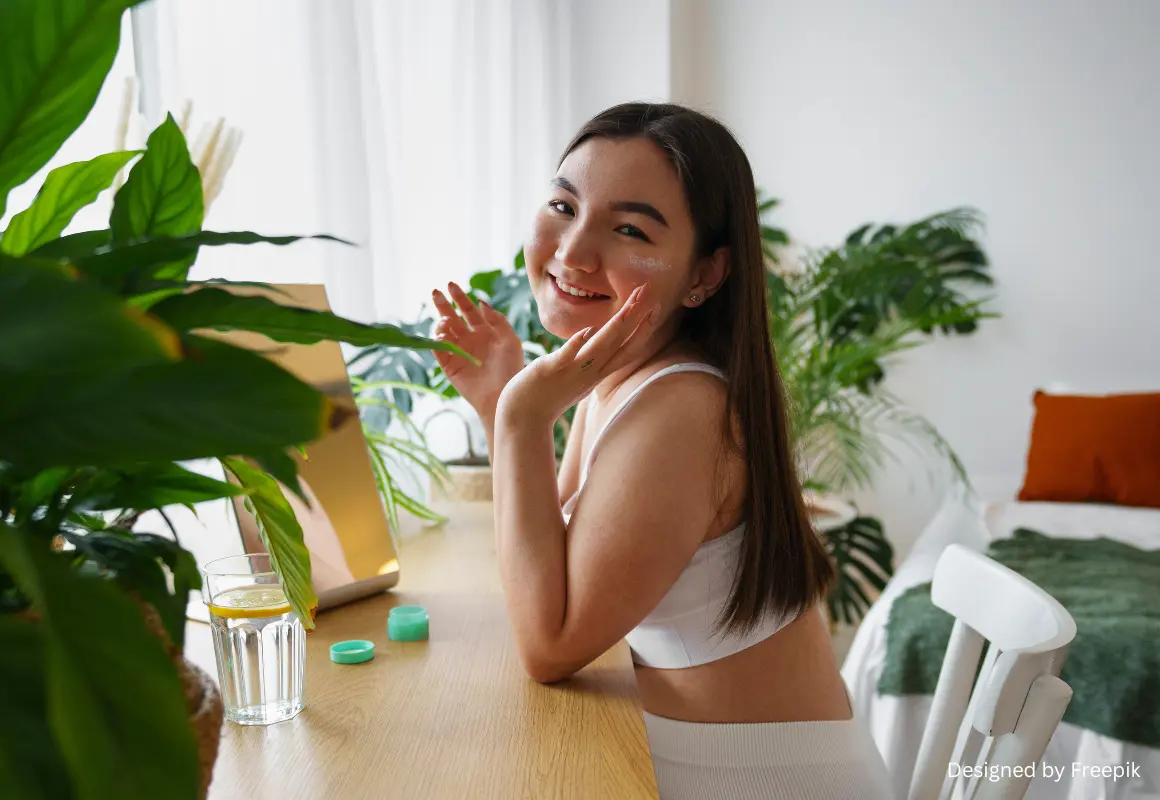
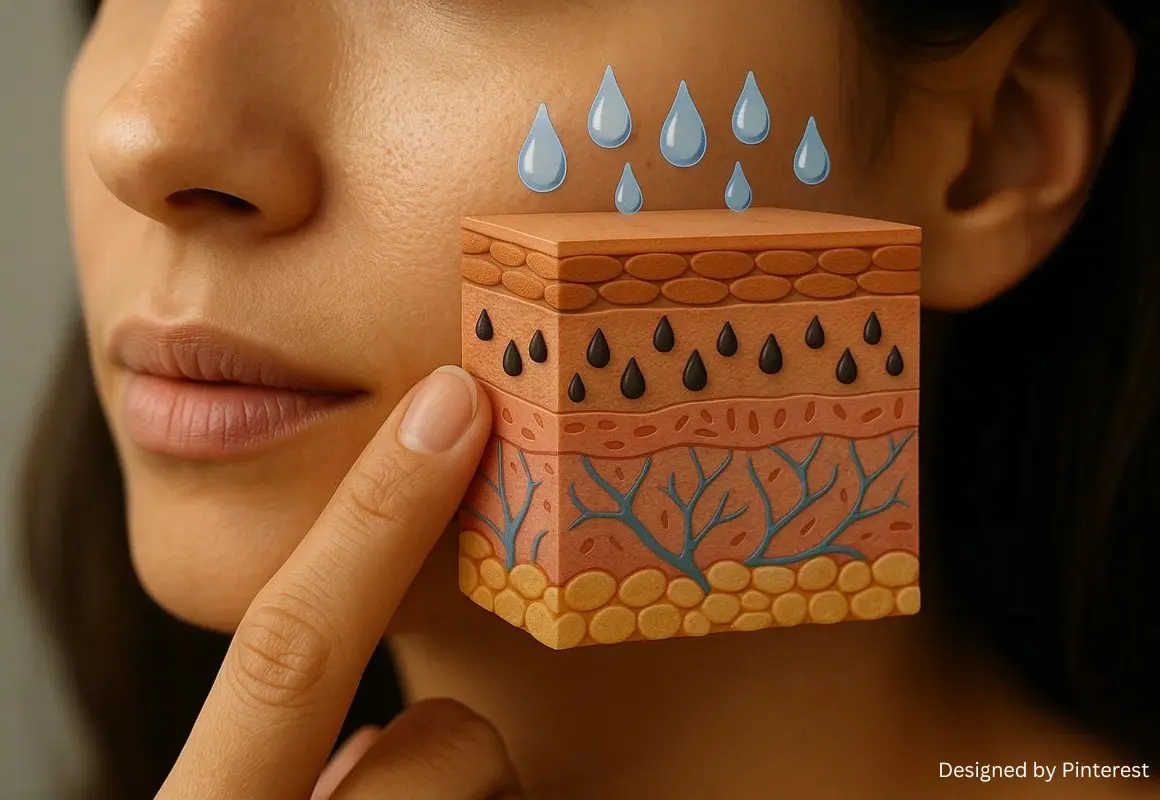
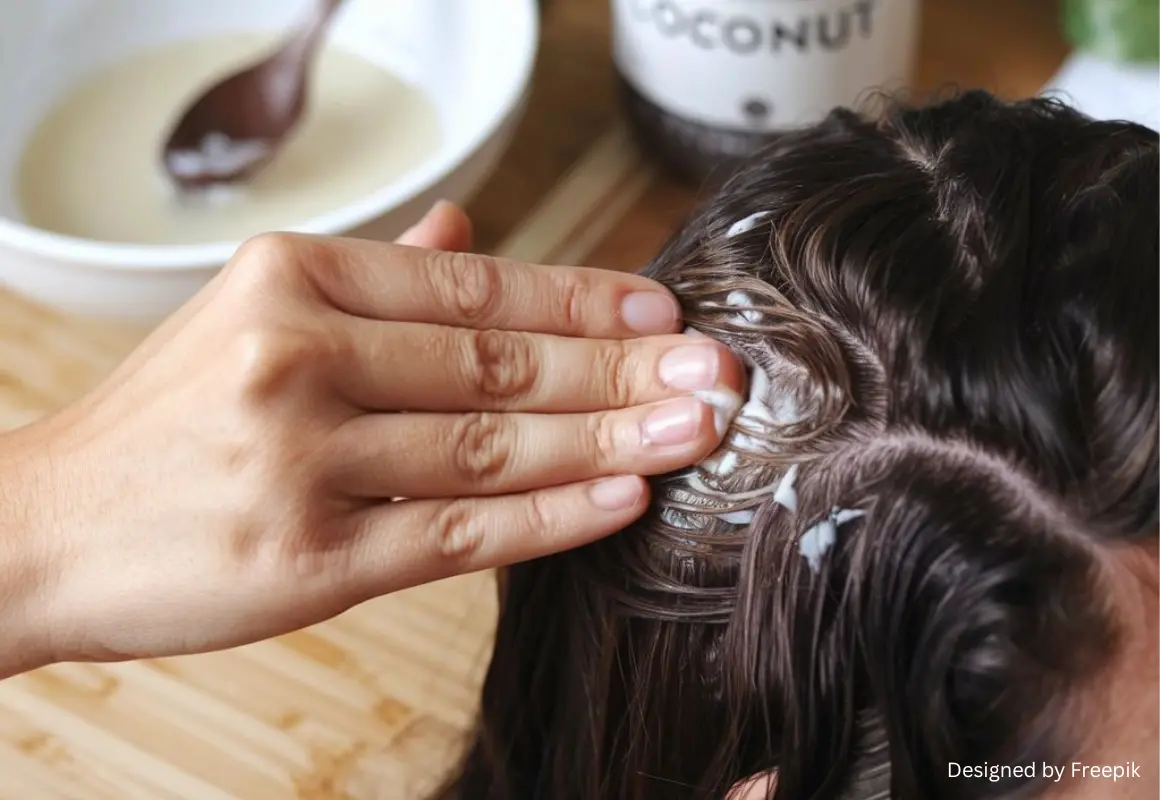

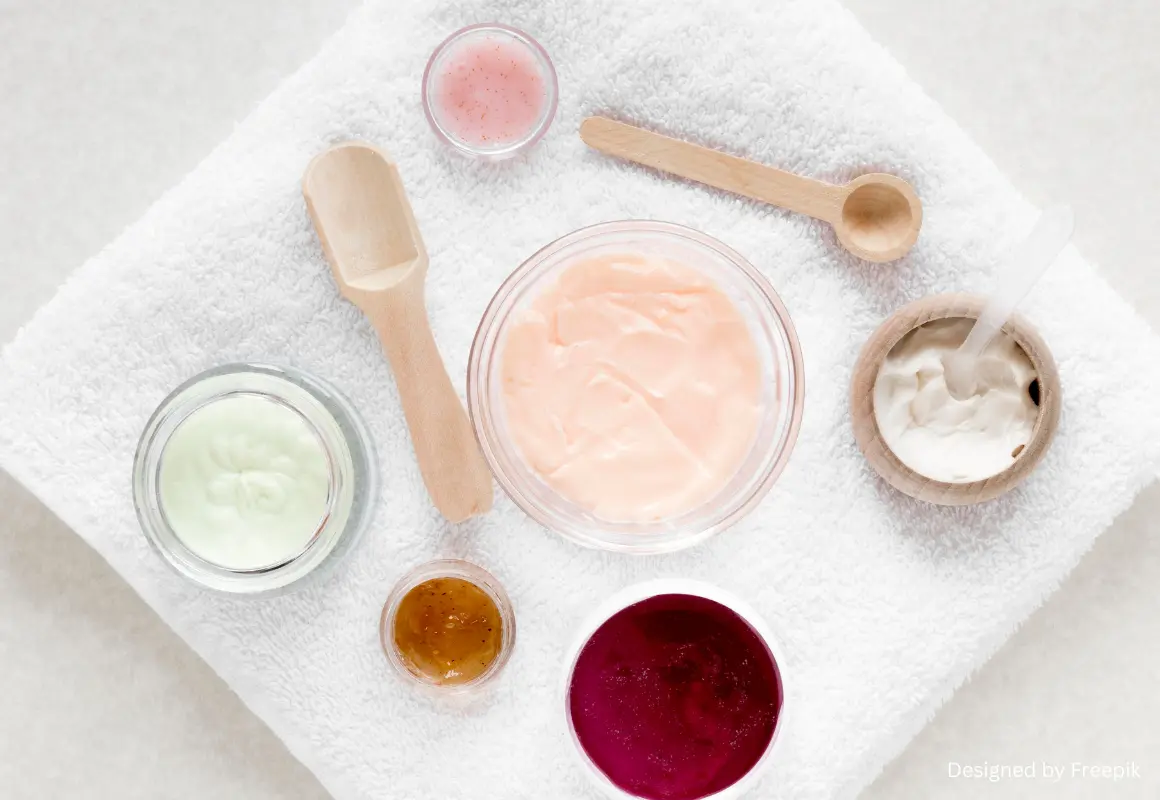
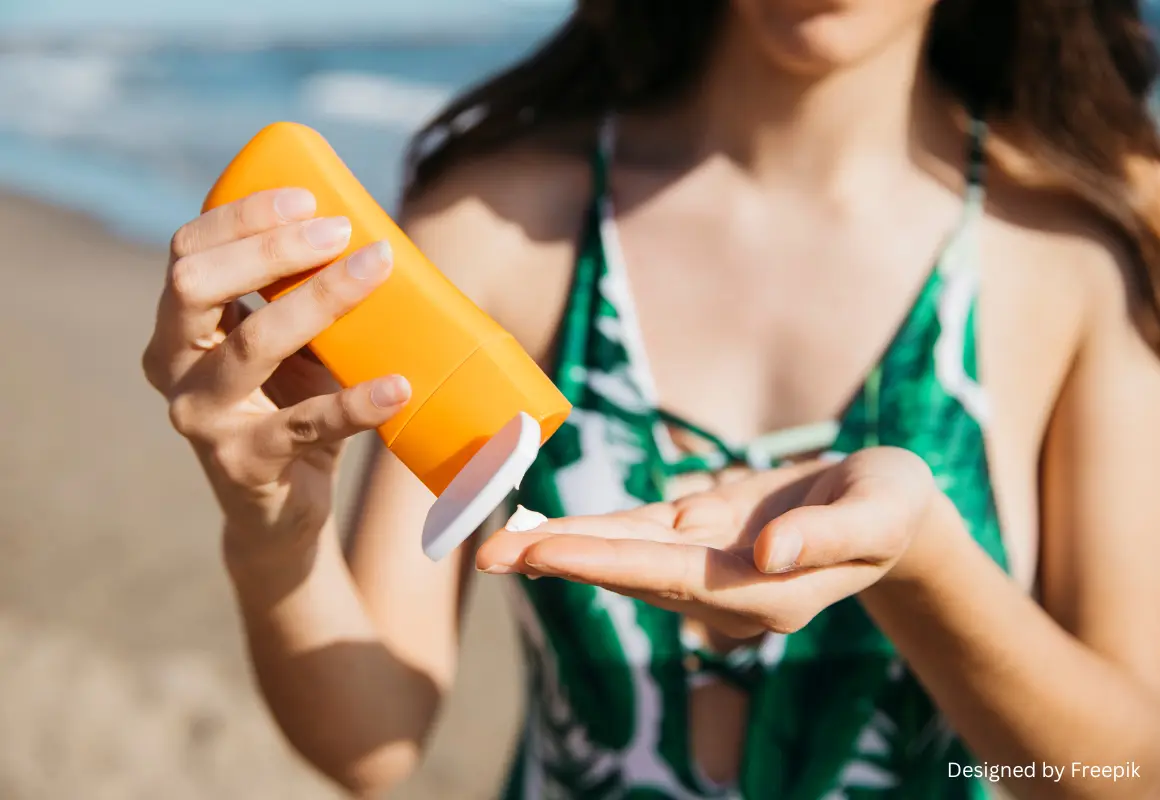


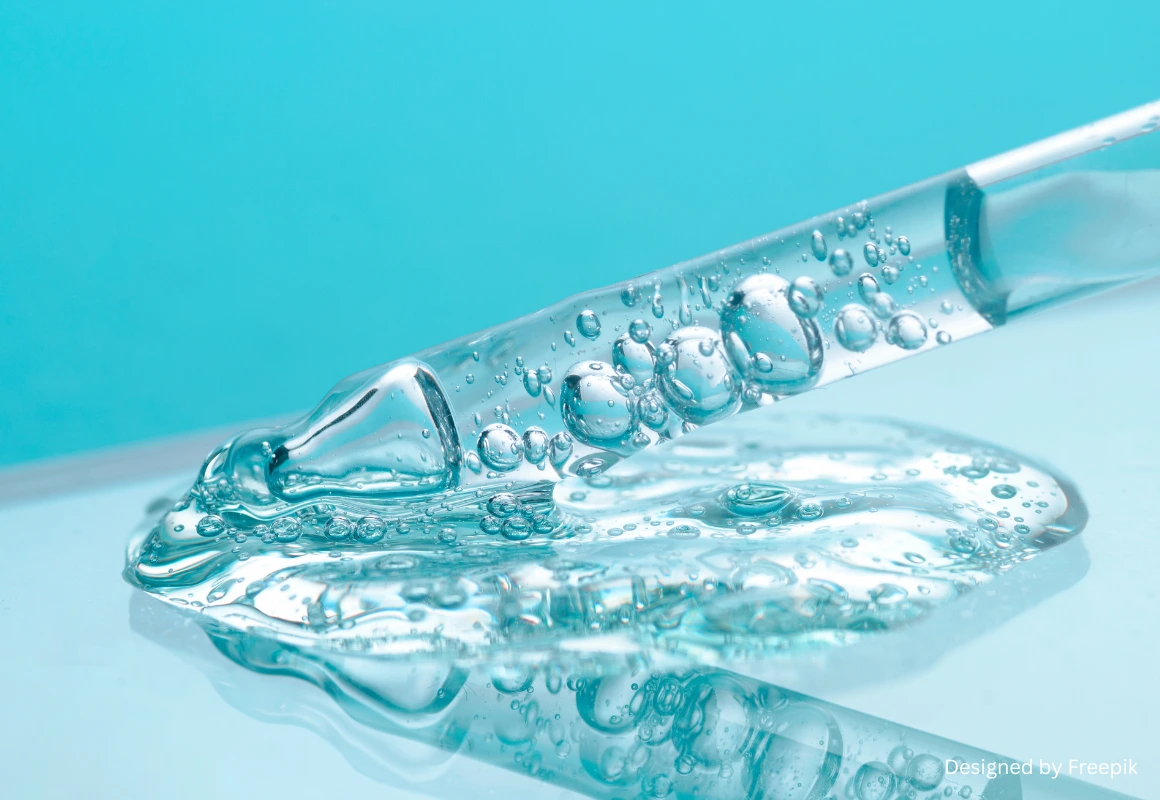
.webp)